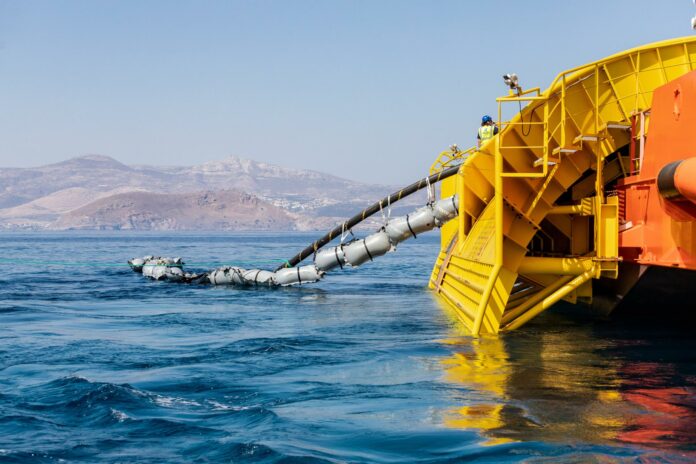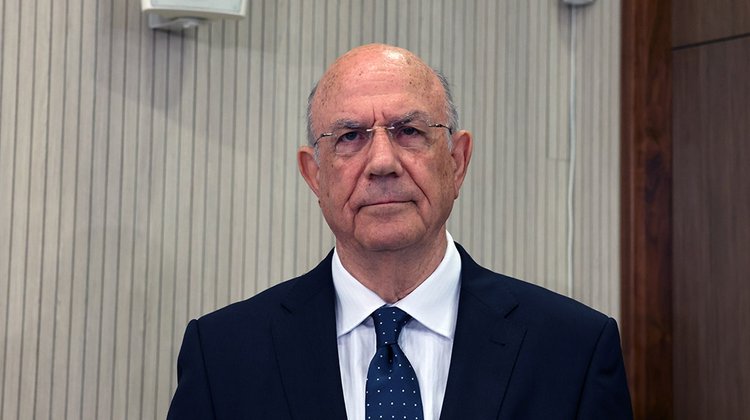Cyprus’ Finance Minister Makis Keravnos, in an interview with Kathimerini Cyprus, questioned the viability of the island’s planned electricity interconnection with Crete (Great Sea Interconnector, GSI), signaling that Nicosia may not support the €1.9 billion project.
Keravnos, whose approval is required for the release of €25 million to ADMIE, cited two independent studies concluding that the project “is not viable, under the current terms”.
RAEK, the Cyprus Energy Regulatory Authority responsible for overseeing energy markets, had approved the €25 million payment to ADMIE, the Greek electricity transmission operator, to recover costs already invested in the Great Sea Interconnector. The approval marked a regulatory green light, but the Finance Ministry must authorize the funds for the payment to proceed.
“The discussion is ongoing because the project is complex, with economic, technical and geopolitical aspects” Keravnos said, also questioning why the European Commission, which pledged €650 million for the project, had not resolved delays since 2010.
The minister’s stance highlights internal Cypriot government divisions and regulatory uncertainties that threaten the GSI. Earlier, Keravnos described RAEK’s decision as “absurd” if taxpayers’ money funds a project that remains stalled.
ADMIE has tied further payments to Nexans, the cable manufacturer, to reimburse the €250 million it has already spent on the project and regulatory approvals from Cyprus and Greece.
It is worth noting that Nexans has prepared a plan B to transfer cable production to another project if GSI fails, according to executives Jean-Christophe Julien and Christopher Gillangh.
Earlier, the European Commission reaffirmed the GSI’s strategic importance and urged its swift completion.









